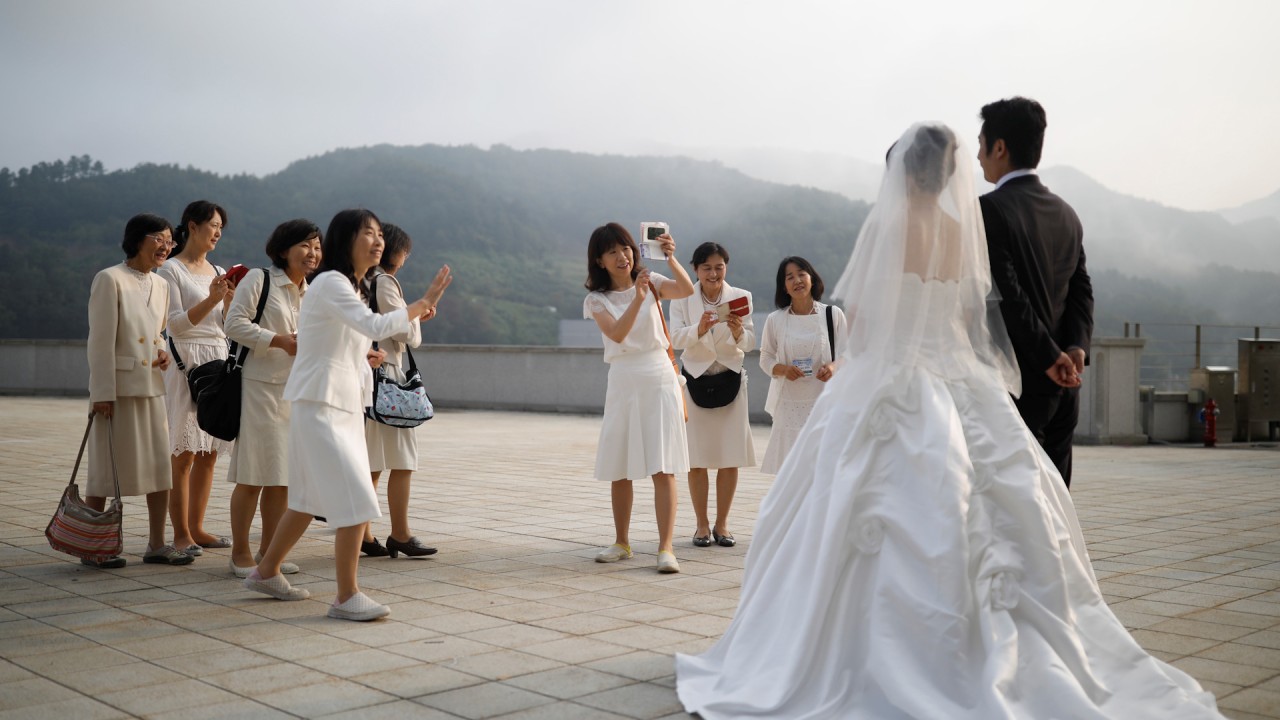In South Korea, more young people say marriage ‘not necessary’ as nation’s birth rates plummet
[ad_1]
“I don’t like either scenario. I will make a living for myself and myself alone is enough,” he said.

A woman surnamed Park in her 30s said she and her husband do not want children.
“We got married two years ago, but having a child is not in the picture,” she said. “It is a huge responsibility for me and my husband physically, financially and psychologically, more for me than him. I have a job and I don’t want to give up a few good years of my life raising children. I’m fine where I am.”
Data from Statistics Korea released on Friday showed that more than half of South Koreans in their 20s and 30s said marriage is not necessary. More than two in five married couples said they do not need a child.

The state-run agency’s report a day earlier showed the country’s population will rapidly decline in the next 50 years, with a forecast drop to 36.2 million by 2072 from the current 51.7 million. The elderly population – aged 70 and older – is expected to increase to over 10 million in 2033, nearly doubling from 5.92 million in 2022.
The figure is likely to reach over 14.7 million, accounting for 40.7 per cent of the entire population in 2072.
Friday’s report showed that, in 2022, only 27.5 per cent of women in their 20s said a woman “must marry” or that it “is better for a woman marry”, significantly down from 52.9 per cent in 2008.
Similarly, 41.9 per cent of the men of the same age group gave the same answer, down from 71.9 per cent.
Of people in their 30s, 31.8 per cent of women said agreed with the sentiment, down from 51.5 per cent, whereas 48.7 per cent of men gave the same answer, down from 69.7 per cent.
Lack of financial resources topped the list of reasons for not getting married.
The average number of children that women aged between 30 and 34 gave birth to came to only 1.12 in 2021, compared with 2.76 in 1976.
A total of 47.7 per cent had a favourable view of single people in 2020, up from 39.1 per cent in 2015. More than 40 per cent said cohabitation is not a source of social stigma, up from 25.9 per cent in 2015.
Less than one in five said they can socially accept convicted felons. Less than three in 10 said sexual minorities were socially acceptable.
Nearly 93 per cent said the disabled are socially acceptable, but only 2.7 per cent said they are acceptable as a spouse.
[ad_2]
Source link


